Am I excited? In a way,but happy and joyful are better words.The fifth garden is coming and it is being located only a few miles from where I live, ideal for a day out. The fifth garden? Well, I had better explain that the RHS has four gardens. These are:Wisley, in Surrey, which is south of London; Hyde Hall, in Essex; Rosemoor in the South West; and Harlow Carr, in the North East of England. But the RHS was concerned that other areas were neglected, and after several years of searching they lit upon Bridgewater Hall, a derelict estate in Salford, Greater Manchester, and it is now under development. There will be an orchard of native fruit varieties, ornamental and vegetable gardens and garden architecture, with facilities for visitors and educational services. I cannot wait. Well, I suppose then that I am excited. Glad of a great garden near my home and glad that my beloved North West is getting what it deserves.
Each of the great gardens is in a different part of the country, and you may know that Britain is small and very diverse in landscape and weather. Wisley, headquarters, is in Surrey, the quintessential England of green shires in the South. Hyde Hall is in the drier, yet still green terrain of Essex in the East, whereas Rosemoor is set in the rich, rolling, but moist lands of Devon. Harlow Carr in the North is in the fertile, but cooler lands of Yorkshire. Bridgewater Hall is the derelict estate of the eighteenth century Duke of Bridegwater, who led the construction of the Bridgewater Canal, which runs near my home; and so it has brought the RHS to the rainy North West of England. The new garden will stand in contrast to Hyde Hall, which is in England's driest county. We in North West England are not the wettest area, but we can be damp enough.
But five gardens is not enough, for the RHS has many partner gardens spread across the nation. To find them you need to type in RHS+partner gardens and select from a list arranged alphabetically. They are located in most areas of the country. I will choose one that I know and love. Head south from Llandudno down the Conway Valley,in Wales, and soon you come to Bodnant Gardens. A full description of Bodnant is beyond the scope of this article, though I have written of it before. Set in the gentle Welsh hills of Denbighshire, east of the more rugged Snowdonia, Bodnant combines the manicured lawns and flower of a great house with wildflower meadows and woodland gardens based around a fast-flowing Welsh mountain stream. The garden boasts five national collections, which are the nation's official homes of a particular kind of cultivated plant, part of its commitment to the preservation of genetic diversity.It also is a home to several champion trees, which are trees belonging to species native to Britain that are deemed the best examples of their kind and are protected with great dedication. Yet the twenty acres of the Bodnant estate given over to the gardens is only the start, for another twenty or so of the hilly woodland is under development. I will be visiting when it is ready!


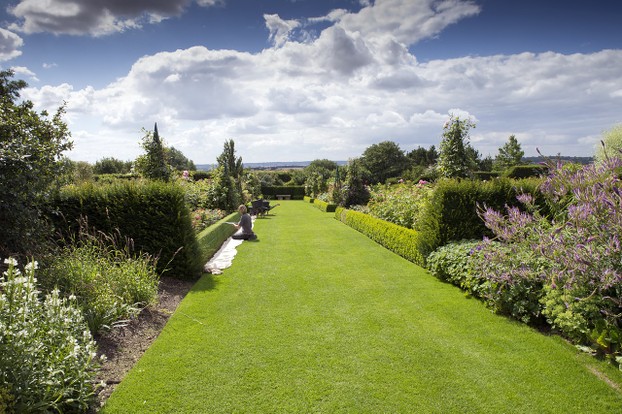
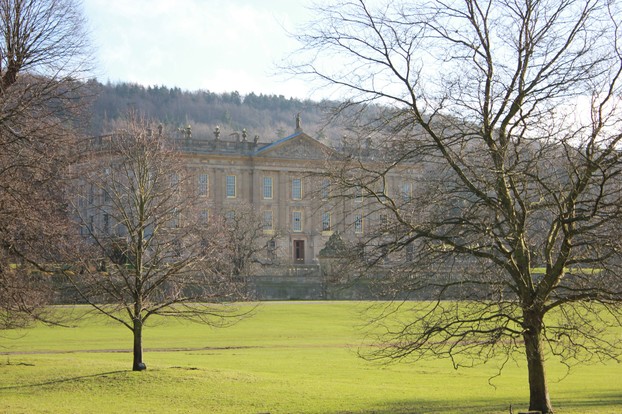


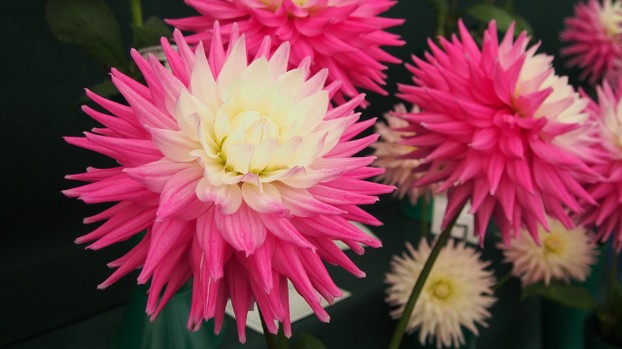
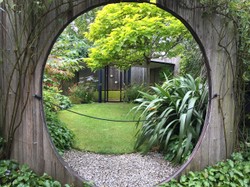

 Darkness over the Earth the skies darkened when Jesus was crucified22 days ago
Darkness over the Earth the skies darkened when Jesus was crucified22 days ago
 TheThousand Year Gardenon 11/26/2025
TheThousand Year Gardenon 11/26/2025
 Women of the Gospelson 10/11/2025
Women of the Gospelson 10/11/2025
 Religious Gardenson 08/25/2025
Religious Gardenson 08/25/2025

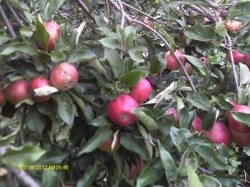

Comments
Anyone can be a member ofbthe RHS and anyone can take the qualifications
Thank you for your comment below in answer to my previous observation and question.
Education and training can deepen one's appreciation of plants or initiate that appreciation.
Does RHS membership become available only to those already horticulturally trained or those horticulturally appreciative without previous training?
Diplomasvandvcertificatescin Horticulture.in have an advanced certificate
Thank you for your comment below in answer to my previous observation and question.
What are horticultural "qualifications"?
I did my horticultural qualifications with the RHS..
The introductory paragraph advises us that "Membership is open to all on payment of an annual fee, and I am a member."
Does membership inspire member discounts on annual meetings and product lines or involve regional-chapter affiliation or continuing-education certification?
They publish gardening books and hold flower shows, such as Chelsea. .RHS gardens charge entry fees. They might do commercial work for businesses and consultancy work for governments.
Your introductory paragraph considers the Royal Horticultural Society as a "gardening organization. It runs flower shows and spectacular gardens for the public's benefit and advises the government and the people on all aspects of horticulture. Membership is open to all on payment of an annual fee, and I am a member."
What do they do financially to ensure the smooth operation of their activities and interests? It's more than membership fees, correct?
Ireland has a National Botanic Garden at Glasnevin in Dublin; and the Royal Horticultural Society of Ireland has its own garden in Russborough, County Wicklow.
Not only was Bridgewater a suitable size, but access is very easy, as the area is well served with roads, including motorways. This was a major factor in deciding to site it there.